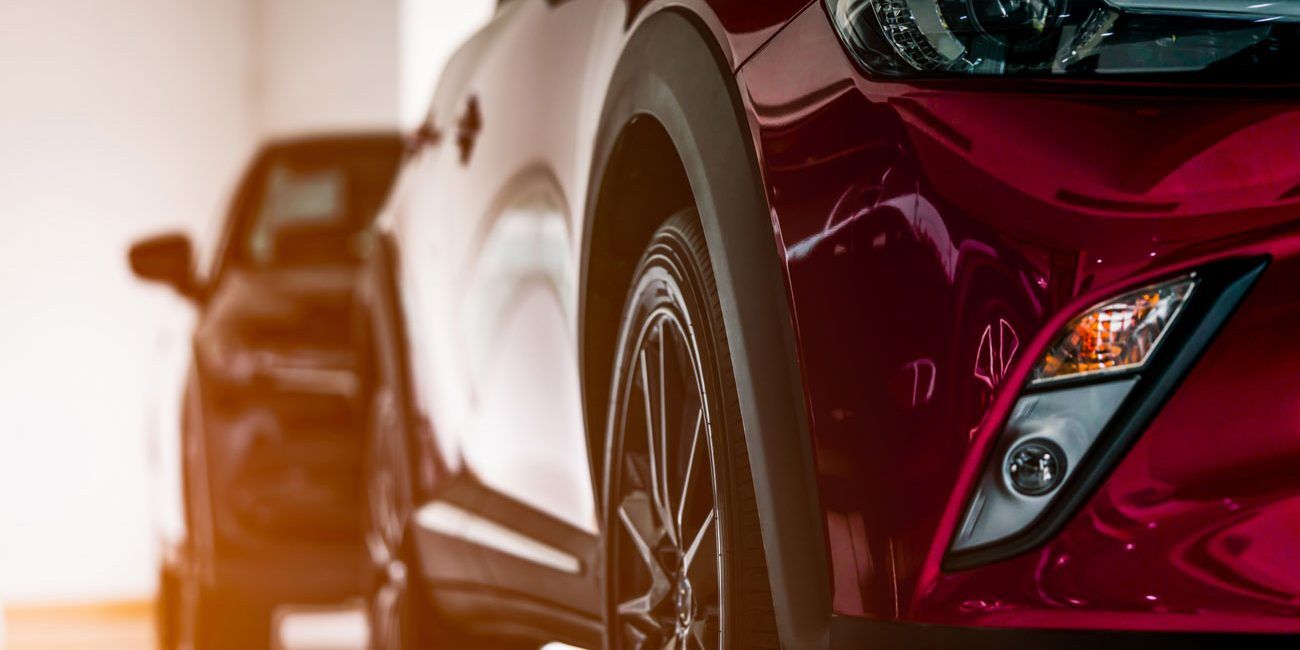Uber drops out of the self-driving truck market.
UNIKO Media Group • Aug 02, 2018

In a move that may have surprised many, Uber has decided to stop development of self-driving trucks. Instead, the ride hailing giant has decided to concentrate its autonomous vehicle efforts strictly to cars.
Through its acquisition of Otto in 2016, Uber had sought to disrupt freight hauling with self-driving trucks and Uber Freight, its smartphone app that connects truck drivers and shippers. Although this latest move will end Uber’s development of self-driving trucks, Uber freight will continue to function and remain mostly unaffected.
Trucking has longed been viewed by transportation industry experts as a natural application for self-driving technology because of the relative predictability of highways compared with busy city streets. Uber strategy had been to integrate manual trucking with self-driving trucks by maintaining manual trucks for long hauls and using the self-driving technology for short hauls.
Apparently, Uber management does not feel that developing autonomous trucks is necessary to stay competitive in the freight logistic industry. Uber freight will help them achieve that goal by remaining in operation.
Eric Meyhofer, head of Uber Advanced Technologies Group believes the decision is a good strategy and remarked that “we believe having our entire team’s energy and expertise focused on (self-driving cars) is the best path forward,”. Employees who were working on the self-driving truck program will be shifted to other roles related to autonomous driving technology. The company will also offer relocation benefits or a severance package in cases where a comparable role is not available.
Uber had recently put its self-driving car program on hold after a much-publicized incident in which one of its test vehicles hit and killed a woman in Tempe Arizona, in March. Now after this latest decision, the self-driving car program is back on track as test vehicles have returned to the road in Pittsburgh but are being controlled by human drivers rather than operating autonomously.

Feeling safe while you or your employees drive is paramount. Therefore, it’s essential that the safe driving course you choose is based on a structured, coherent coaching system. The S.E.E.D Process is more than a checklist and not just another piece of paper for the employee file. It’s based on four tenets: S pot the at-risk behavior, E xplain the at-risk behavior and correct it, E nforce adherence to the correct behavior and D ocument what took place. Read on to learn more about how this approach can effectively enhance what you already have place, change at-risk behaviors and reduce risks for you and your company.

In a matter of weeks, online learning has become a growing trend all over the world. All kinds of subjects can be learned remotely, and driving safety is no exception. Our Safe Driving Webinars will provide you with dependable training so you can enhance your driving skills from the comfort of your home.

As we all know, you never stop learning, and that applies to driving, too. If you have taken defensive driving lessons in the past, a refresher session is a good way to keep your safe driving skills on point and acquire new abilities so you can stay safe on the road. Brushing up on your safe driving is always a good idea. Driving every day, we develop personal habits that may need to be corrected with the help of a trained professional. A refresher training session will provide you the opportunity to do this and hone other skills you’ve already acquired.

In the general public’s perception, ergonomics is usually associated with sports or with industrial design. However, this applied science can be extremely helpful at the workplace. From improving your employees’ wellbeing and morale to increasing savings, ergonomics can bring many significant benefits to your company.

Whether you are driving to the grocery store or traveling for vacation, you never know when you’ll need the skills necessary to avoid road hazards. Becoming a better and safer driver is always a smart move, and you can achieve this easily by taking Defensive Driving Training. Defensive Driving Training comes with many advantages, from reduction of insurance rates to a greater sense of personal responsibility. Read on to discover more about the ways you can benefit from this type of course.

We all have been in that situation at some point in our lives: a driver acts aggressively or recklessly and we run the risk of losing control and escalating the conflict, particularly if we are stressed or having a bad day. Dealing with an aggressive driver can be stressful and potentially dangerous. Unfortunately, road rage is on the rise, so it’s important to be prepared when we face it ourselves. Follow these tips to stay safe when you deal with an aggressive or dangerous driver. If you keep your anger in check and take responsibility for your own actions, you should be able to manage the conflict without losing your temper.

Buying a new car is a huge decision that shouldn’t be taken lightly. There are several features we need to look for when choosing a particular car. Finding the right car safety features might vary from one person to another, but there are some essential features we simply cannot ignore. Some of these car safety features include shatter-resistant glass, airbags, anti-lock braking systems, pre-collision technology, and stability control. If you are looking to buy a new car, make sure you look for these car safety features.

Being a successful commercial driver comes with a lot of hard work and dedication. After all, this kind of jobs requires much more than just driving. There are several essential commercial driver skills we should develop in order to become outstanding employees, and these are some of them. In order to become a successful commercial driver, we should make sure we work on our communication, navigation, responsibility, commitment and self-motivation, and organization.

Employing drivers for our company comes with many aspects we must carefully consider in order to keep these drivers safe and engaged. Also, employees who drive company vehicles can represent a significant liability risk if we are not selective with the candidates we hire. In order to keep our drivers safe and engaged, we must make sure we hire the right candidates. We should also keep them trained and updated, have our vehicles well-maintained, schedule regular breaks, and offer attractive incentives, too.

Besides being a state requirement, having car insurance can help you stay protected in case a driving accident happens. Being a safe, responsible driver is more than a suggestion, as accidents can happen at any time, to anyone. However, there are several common habits, behaviors, or simply honest mistakes that can make you accidentally void your car insurance. To begin with, driving under the influence of drugs or alcohol is obviously one of them. Using your car for criminal activities is definitely one of them, too. However, there are more other reasons, more innocent incidents or slips, that could accidentally void your car insurance. This list includes not notifying your insurance company about recent modifications, using your car for ridesharing, and even driving with your pet inside your car could void your insurance too. We know that for auto enthusiasts, car modifications are a part of your passion. There is nothing wrong with that. But modifying your car without consulting with your insurance company might result in higher premiums. You could accidentally void your car insurance too. This happens because of two reasons, basically. First, the modifications might increase the risk of having an accident. Increasing this risk won’t make your insurance carrier happy. Second, it could increase the risk of theft, which won’t make you happy, either. This is why we should always consult with our policy provider before doing any changes to our car. After all, you are paying for them to protect both you and your vehicle. Rideshare platforms like Uber and Cabify have become highly popular during the last couple of years. They provide a safe and convenient transportation alternative (at least most of the time). They have also proven to be an excellent employment alternative that represents significant additional income. In order to join such platforms as a driver, a specific type of insurance is required. When you purchase a car insurance policy, you need to inform the company what you will be using the car for. First, you need to let them know if the car is for personal use or business use. There are two types of personal usage, which are leisure, and commuting. If you’re planning to use your car for ridesharing services on the side, you need to inform your company and make sure you also have a business car insurance to protect you during the rideshare hours. Many of us can’t live without our furry best friends and bring them along every time we can. Besides, pets in cars are cute and funny. Who doesn’t let a laugh or even a smile go when we see a dog enjoying the feel of the wind on its face? Regardless of the cuteness, our insurance company might see bringing our pet while driving a potential risk factor. Anything that represents a potential car accident will be frowned upon by any smart insurer. Thus, having our pet in our car without properly securing them could accidentally void our car insurance. When we think about it, a pet could easily distract us while driving, or even get in the way and cause an accident. This is why we need to properly secure them. Otherwise, you and your pet will not be covered in case an accident happened.






